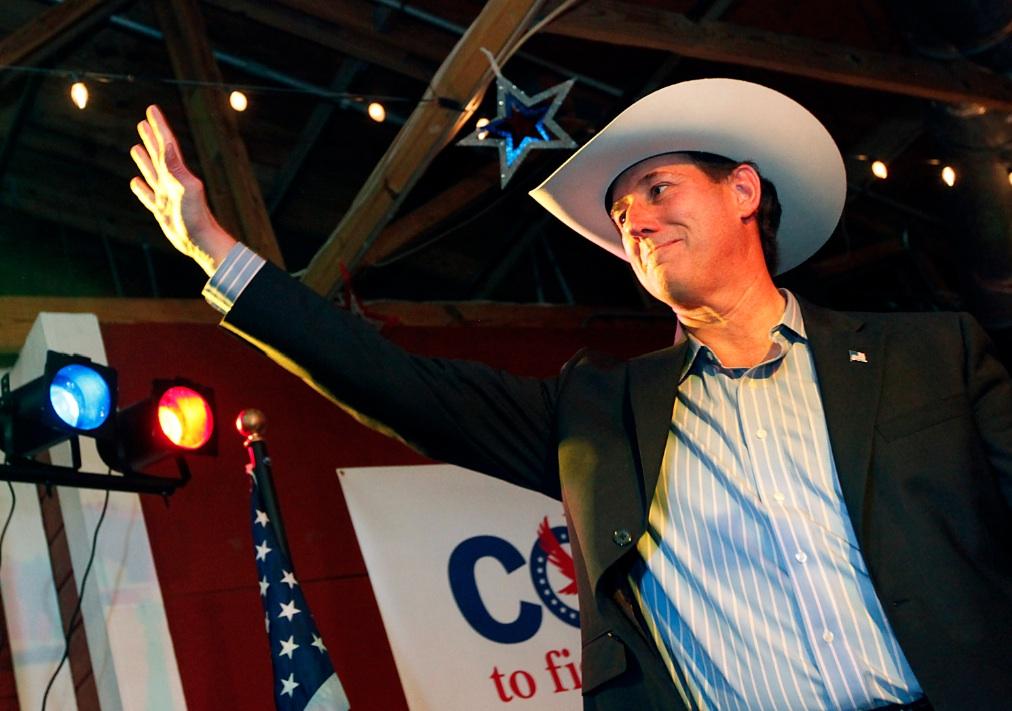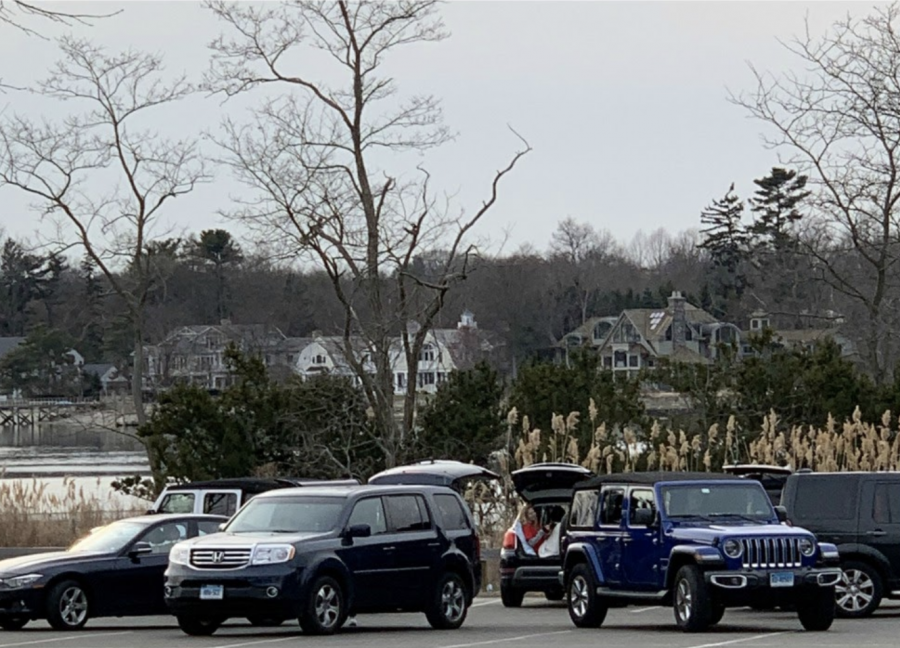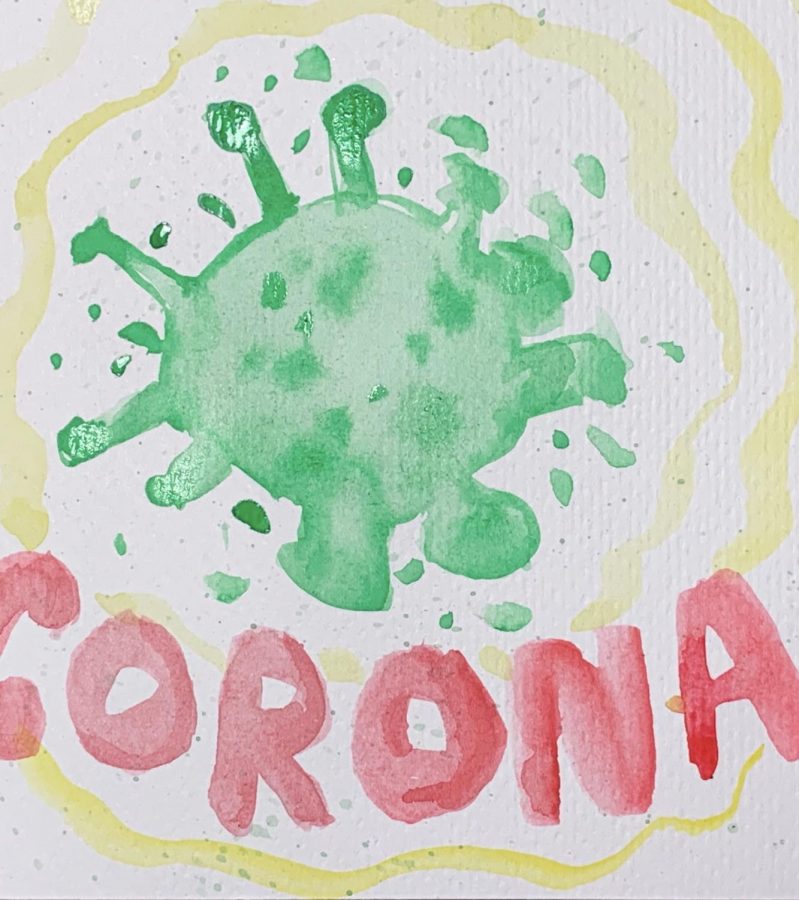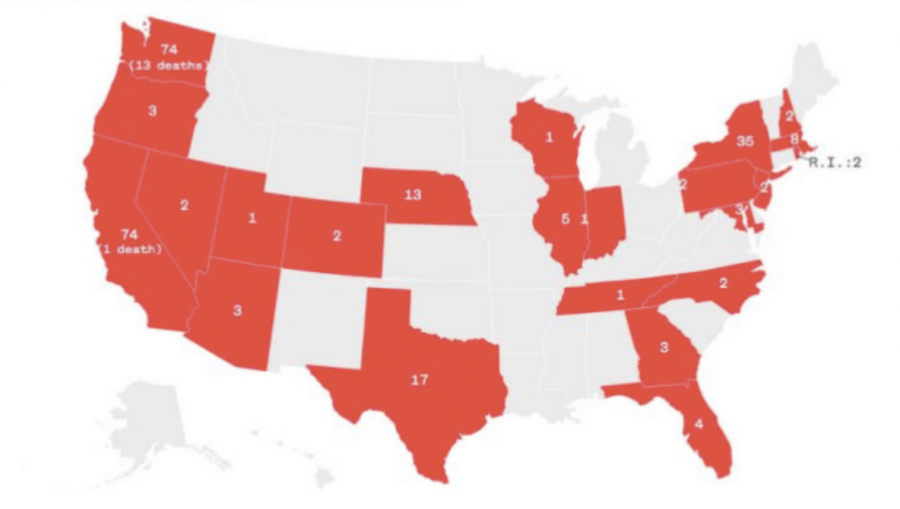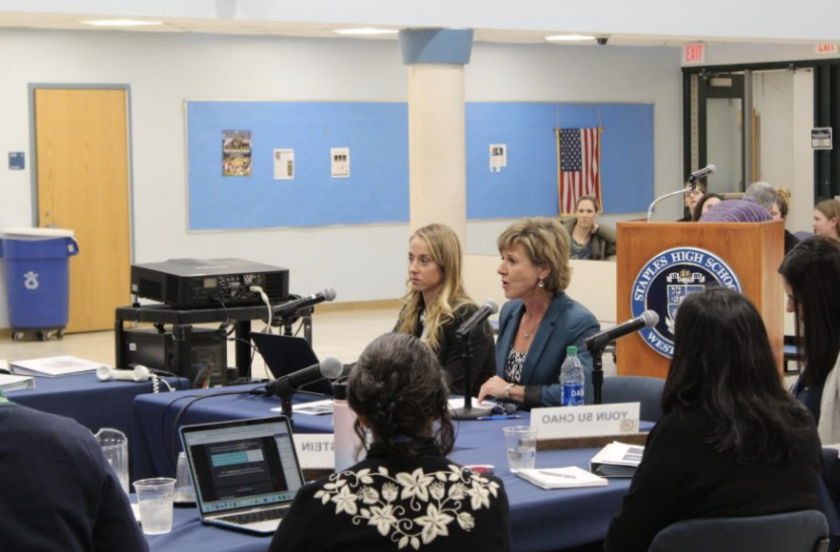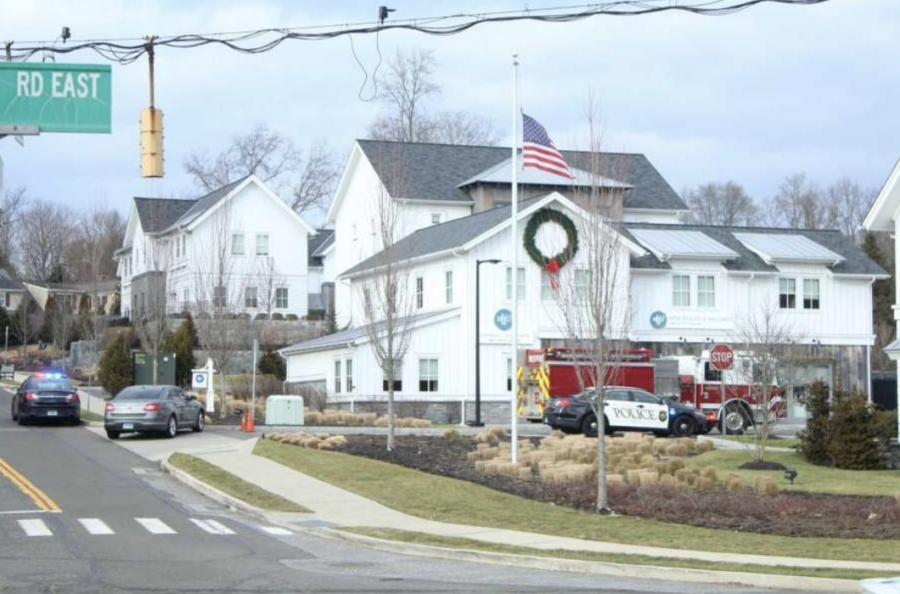On Feb. 7, the Republican primary contest was reshaped dramatically.
The race, largely believed to be between Mitt Romney and Newt Gingrich, proved Rick Santorum a serious competitor, as he defeated his challengers in three state primaries: Colorado, Minnesota, and Missouri.
In the Colorado caucus, Santorum received 40 percent of the vote, 5 percent more than Romney (35 percent). In Minn., Santorum, who received 45 percent of the vote, edged out Romney by double-digit percentages. However, Santorum’s greatest victory came in Mo., where he received 55 percent of the vote, a staggering 30 percent more than runner-up Romney.
Santorum’s Colorado victory came as the greatest upset of the night; Romney had been leading in polls there and won that caucus in his 2008 presidential bid.
During his victory speech in St. Charles, Mo., Santorum reiterated that he believes himself to be the strongest conservative candidate for the GOP nomination, and that he stands the best chance of defeating President Barack Obama in the Nov. general election.
“Mitt Romney has the same positions as Barack Obama and, in fact, would not be the best person to get up and fight for your voices for freedom in America,” Santorum said. “I don’t stand here and claim to be the conservative alternative to Mitt Romney. I stand here to be the conservative alternative to Barack Obama.”
For some Staples students, Santorum’s victory came as a surprise.
“I was shocked that Santorum took all of those states,” Lexy Iannacone ’15 said. “Especially since the race was so focused on Romney and Gingrich, and not Santorum at all.”
For Amanda Wildstein ’13, Santorum’s surge to the top signifies an important change in the way Americans will view their Republican presidential candidate options.
“I think the Santorum upsets on Monday were the nation’s Republicans finally saying that Newt Gingrich isn’t the conservative they are looking for, and that Mitt Romney’s money can’t win the election for him either,” Wildstein said.
The next stop on the election trail is the Maine caucuses, which end on Feb. 11. Three more primaries are scheduled between then and Super Tuesday, on March 6, in which ten primary elections will be held across the nation.












































